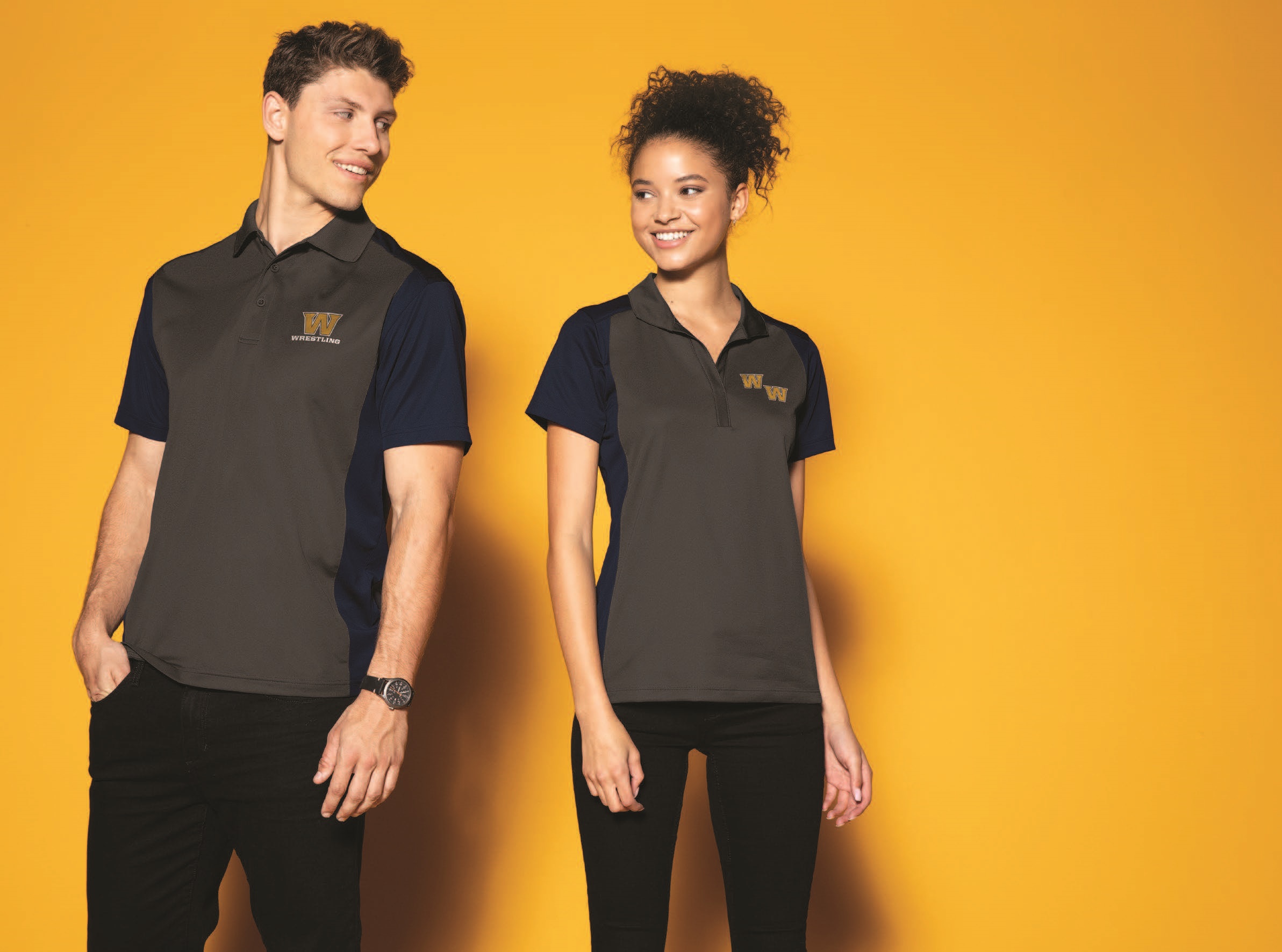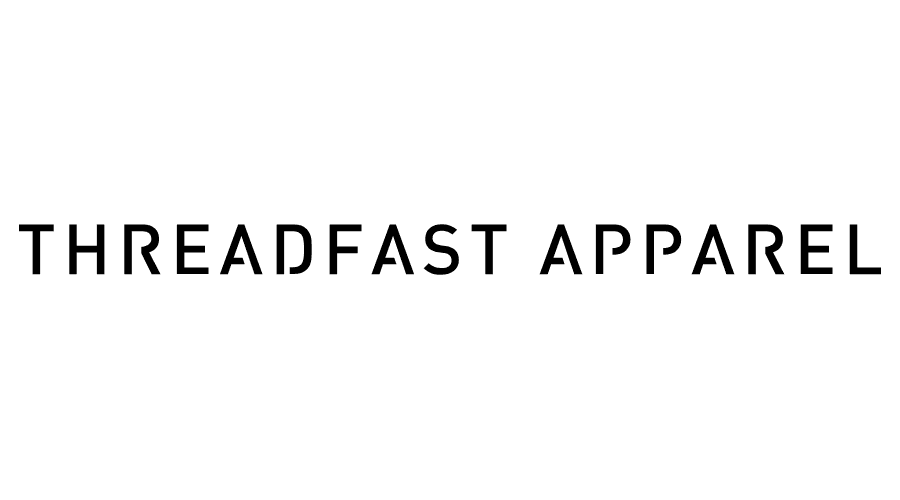The call for safer factory conditions and ethical practices is nothing new, but it is particularly popular now following recent factory collapses in Cambodia and Bangladesh. If your clients read the news, they know about the conditions of some factories overseas, so they may have some questions. Certainly, some overseas factories have unsafe and unethical working conditions, but some are safe. How do you show your clients that the products you are sourcing for them are safe and ethical? Refinery29 offered a few tips on how to shop for ethical apparel. Here are those tips modified to apply to distributors in the promotional apparel industry.
1. Read Ecouterre
Ecouterre is a blog dedicated to reporting on all environmental, ethical and sustainable news in the fashion industry. You will find news about eco-friendly companies, as well as new fabric ideas and technologies.
2. Talk to Your Supplier Partners
Unsure of whether or not that golf shirt you have been selling to a program for years is ethical? Ask the supplier. Most are willing to give you all the information you need, from where it was made to what dyes are used. If your client wants to switch to something more eco-friendly, there are many options available.
3. Don’t Spend More, Know More
Refinery29 urges readers to spend more on their apparel to ensure quality, but I disagree–a $300 purse can still be made in a sweatshop, after all. Instead, refer to number 2 so you know what goes into the apparel and accessories you are ordering. Ask the right questions: Is there a more environmentally friendly version of the material? Where, how and what chemicals were used to dye the garment?
4. Use Recyclables
Refinery29 suggests shoppers visit second-hand and consignment shops. They don’t exist in the promotional products industry, so instead search for recycled wear. Nike just released a video about how they reuse recycled shoes. It does not necessarily apply to promotional apparel, but it is always nice to see a large company do some good. (Not that Nike is entirely innocent.)
5. Sell USA-made Clothing
This one seems obvious, but just because a company has factories in the U.S. does not mean it has safe labor conditions. So go back to 1 and 2, make sure you know your supplier partners well, and then shop local.
6. Get Involved
Get involved in industry charity initiatives, such as Charles River Apparel’s ‘Tis the Season for Giving campaign. These initiatives offer ways to give back while working.



